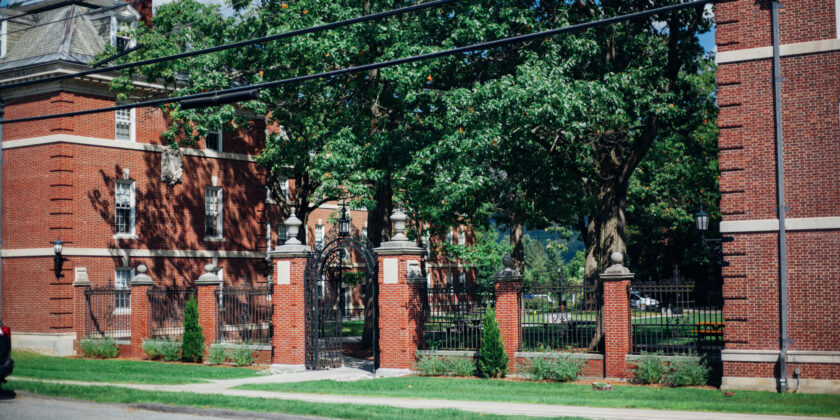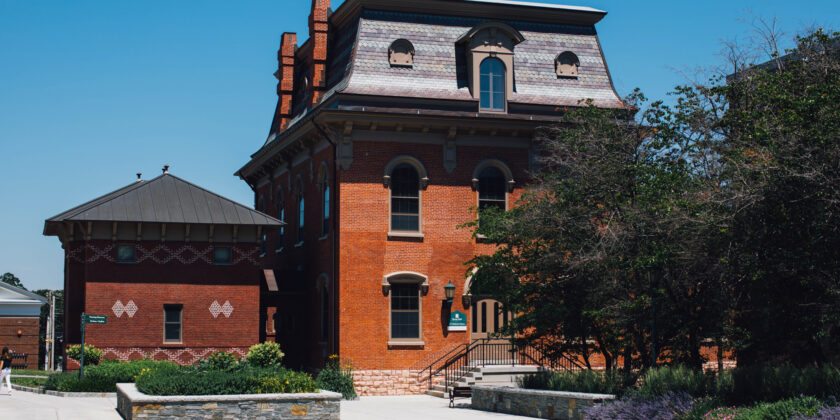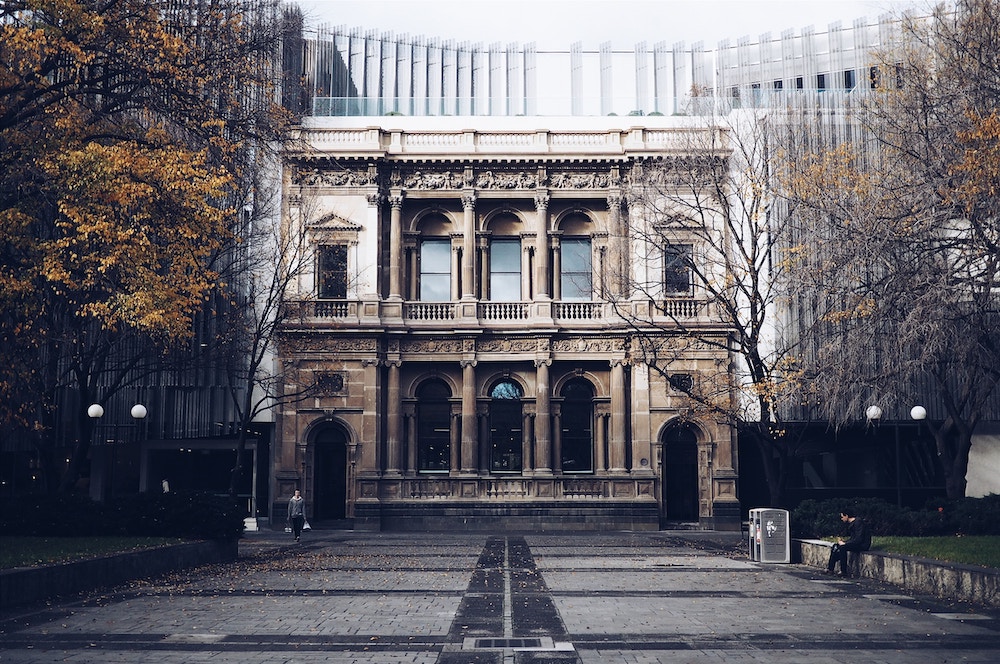Best Summer Programs for High School Students: Real Estate
Summer is the perfect time to explore your academic and career interests, and real estate is becoming a popular one.
The following are some of our favorites for students interested in real estate.
The Fordham Real Estate Institute
This summer, get a behind-the-scenes look at the many facets of the New York City real estate industry and learn what it takes to succeed in this fast-paced, high-income field. The Fordham Real Estate Institute offers high school students the opportunity to learn how real estate—the built environment in which we all live, work, and play—is designed, constructed, and developed. Through a mix of live lectures, hands-on exercises, and examinations of prominent New York City properties, students gain a unique perspective into the numerous college study and career options that the field of real estate offers. All courses are taught by experienced industry professionals from Fordham’s Real Estate Institute.
Real Estate NYC: From Design to Development Class (NYU)
Over one-third of the world’s wealth is invested in real estate, and more than nine million people in the United States work in the real estate industry. What goes on behind the scenes? What makes New York City among the most expensive real estate markets in the world? How does one get started in the field? Learn from top industry professionals during this one-week course offered by the NYU School of Professional Studies Schack Institute of Real Estate, one of the largest and most prestigious educational entities dedicated to the real estate and construction industries in the United States. Delve into all aspects of the real estate development process, and gain an understanding of the procedures, issues, and complexities that come into play in the development of real estate. Explore how real estate projects are conceived, designed, valued, financed, constructed, and managed. By week’s end, you will have gained an in-depth understanding of the phases of real estate development and the role that each sector of the industry plays in the process. Topics to be covered include the history of real estate design and development, the varying roles of members of the development team (architect, engineer, builder/CM, attorney), real estate underwriting metrics, valuation, project feasibility, design phase/construction phase considerations, sustainability measurements, and property and asset management.
NAIOP Commercial Real Estate High School Internship Program
The path to increased diversity in the commercial real estate industry begins with introducing teens to CRE prior to entering college. Students have the opportunity to explore a variety of careers in real estate, such as architecture, development, investment, construction, brokerage and urban planning, through the lens of a case study and real estate–focused activities. Students gain a deeper understanding of key concepts in real estate by exploring these topics with Drexel University professors, industry mentors and high-level corporate executives. The NAIOP-Drexel Summer Real Estate program features several team building, college readiness and enrichment events on Drexel’s campus and throughout the city, including site visits to high-profile locations such as FMC and Comcast.
Online courses
Real Estate Finance (For Beginners)
Basic Real Estate Finance Course
Introduction To Real Estate Finance & Investing
Shadowing someone who works in real estate is also a great option; reach out about internships via LinkedIn. (yes, you can and should be on LinkedIn in high school!)
*Stay in the know! Subscribe*



